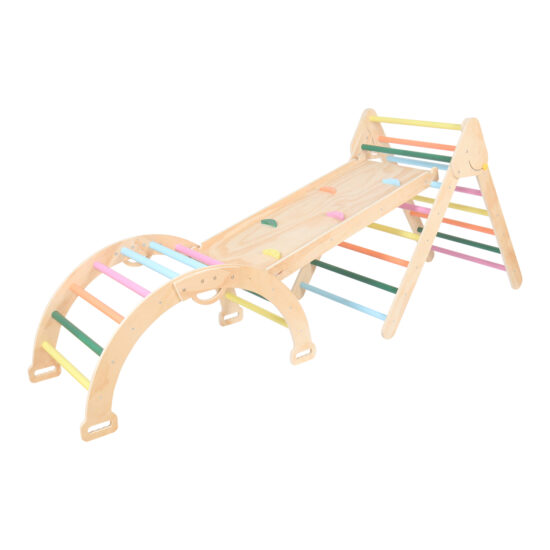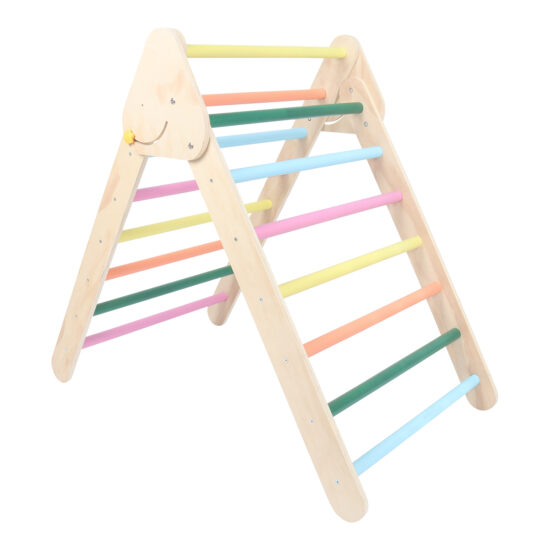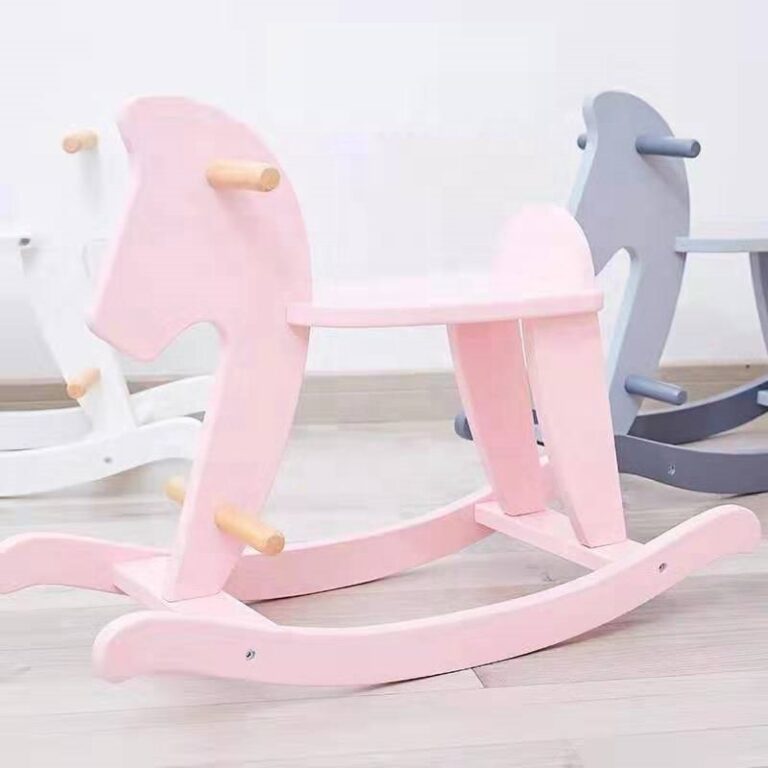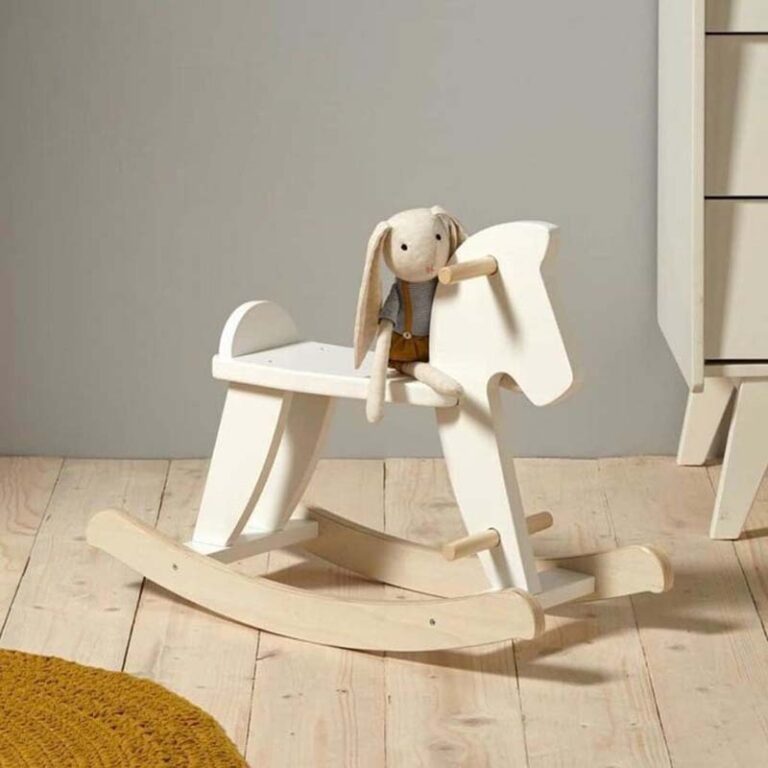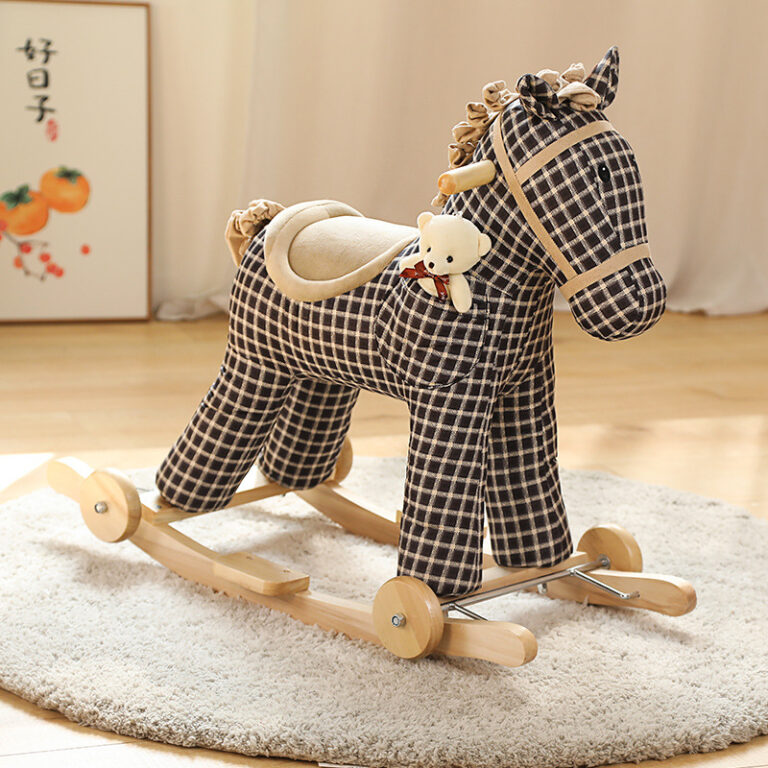jay@nbdho.com
Why Wooden Kitchen Sets and Pretend Play Toys Are So Loved
Wooden kitchen sets and pretend play toys continue to be some of the most popular choices among parents, educators, and children alike. Their lasting appeal lies in the perfect blend of imagination, durability, and developmental benefits. These toys create immersive experiences that support learning through play while encouraging creativity, communication, and independent thinking.
At the heart of their popularity is the power of imaginative play. Wooden kitchen sets allow children to step into adult roles—cooking meals, serving food, and managing a home. These role-playing experiences are more than just fun; they help children understand real-world routines and social behavior. Pretend play also strengthens language skills, as kids invent conversations, describe their actions, and interact with peers or parents.
Wooden pretend play toys such as food sets, cash registers, doctor kits, or cleaning tools further expand this imaginative world. Each toy introduces a theme that sparks curiosity and teaches life skills in a playful context. Children develop empathy by taking on different roles, whether it’s being a chef, a customer, or a caregiver. This type of play supports emotional intelligence and helps children process their experiences.
The tactile quality of wooden toys enhances the experience. Smooth, solid pieces provide a natural sensory feel that plastic often lacks. Wood is also more durable, making it ideal for long-term use in homes, classrooms, or daycare settings. Many wooden playsets are made with non-toxic finishes and sustainably sourced materials, offering peace of mind for parents concerned with safety and the environment.
Another reason for their enduring popularity is the versatility of pretend play. A single wooden kitchen set can support countless hours of open-ended play, whether alone or with friends. This flexibility keeps children engaged over time, encouraging repeated use and deeper learning through repetition and variation.
In addition, these toys promote fine motor development and coordination. Turning knobs, placing utensils, stacking play food, or fitting puzzle-style accessories into place all help strengthen hand-eye coordination and precision.
In today’s screen-heavy world, wooden kitchen sets and pretend play toys offer a valuable return to meaningful, unplugged play. They not only entertain but also teach—nurturing imagination, fostering cooperation, and helping children build real-world understanding in a fun and timeless way.
